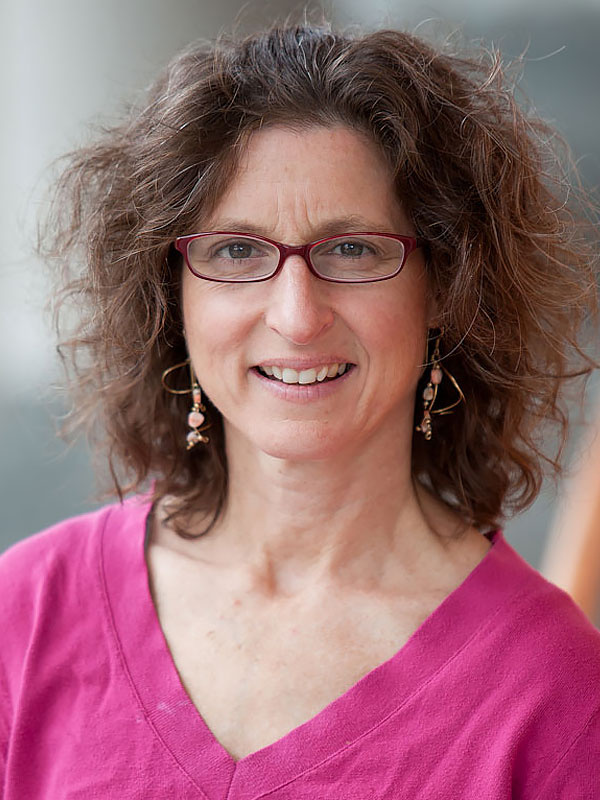Karen Bonuck, Albert Einstein College of Medicine – Children and Sleep
 Kids may not like bedtime, but it’s important for their development.
Kids may not like bedtime, but it’s important for their development.
Karen Bonuck, professor in the department of family and social medicine at the Albert Einstein College of Medicine, explores the benefits of sleep for children.
I conduct research on pediatric sleep and parent-child interventions. Currently, I am the PI (R01HD082129) for “Increasing Sleep Health Literacy in Head Start: A Social-Ecological Approach.” This NIH-funded R01 aims to empower families in early childhood programs with the knowledge and self-management skills needed to obtain healthy sleep via interpersonal, organizational, community, and policy level interventions. A stepped wedge cluster randomized trial in Head Start will test effects upon child, parent, and classroom outcomes; a policy evaluation will assess the impact of knowledge translation strategies. I am also the Co-PI for R01 (MD-010460) “Obesity and Caries in Young Couthg Aisan Children:Common Risk Factor Approach.”
I am also the Co-Director of the University Center of Excellence in Developmental Disabilities (UCEDD), at the Rose F. Kennedy Evaluation and Rehabilitation Center (RFK CERC). In this role, I foster research at CERC, write grants, and represent the UCEDD at national meetings. I wrote and oversee the UCEDD grant imlementation that includes a wide range of community projects such as development of a Medical-Legal Partnership. and program planning for transition age youth. I work closely wiht Speech-Languagge Pathology team, in particular on research projects.
As UCEDD Co-Director, I direct(ed) a number of federal and state funded research and evaluatoin projects including: Regional Support Center for Children and Your with Special Health Care Needs (funded by NYS DOH); Early Intervention Improvement Porgram (NYS DOH), and; Learn the Signs/Act Early Book Development (CDC).
Children and Sleep
When it comes to sleep in children, less means more.
As in: more risk for poor grades, more problems with behavior, and a greater likelihood of unhealthy sleep habits into adulthood.
Between 20 and 50 percent of children ages three to five don’t get enough sleep, have sleep disordered breathing from snoring or apnea, or have a behavioral sleep problem, like getting up throughout the night.
The results of poor sleep can mimic the symptoms of Attention Deficit Hyperactivity Disorder and cause problems at home, in the classroom, or on the playground. When children have healthy sleep, they behave and learn better.
We are studying ways to promote healthy sleep for pre-schoolers and test whether a special curriculum affects children’s sleep habits. Together with the nonprofit group Sweet Dreamzzz, and collaborators at UCLA and the University of Michigan, we’re conducting a study in 23 Head Start preschool centers across New York State. We developed posters and videos about healthy sleep to educate teachers and parents, and some students in our study received classroom lessons on good sleep practices. They learned about relaxing before bedtime, eating a healthy snack, going to bed by 8 pm, and brushing their teeth to prepare for a good night’s rest. To help them learn, they practiced these routines with teddy bears.
We are collecting sleep logs and questionnaires from the children’s parents to see if these efforts led to more sleep for the hundreds of children enrolled in the study. We’ll also measure parents’ knowledge and attitudes about healthy sleep. If our results are positive, we plan to advocate for adding sleep health literacy into policies that govern early childhood education. Adding useful information about sleep into preschool classes could help improve the lives and development of millions of children.


